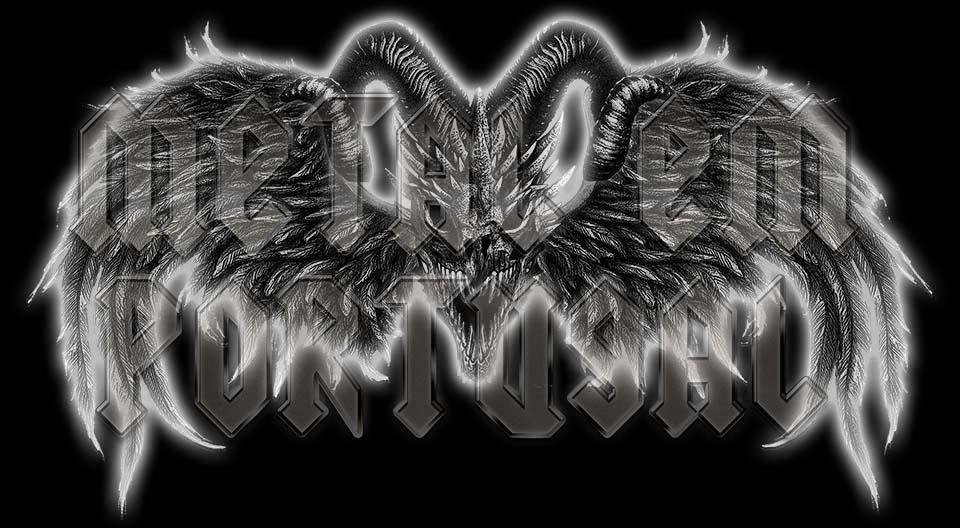Cinco anos após terem lançado o seu álbum de estreia “Trial By Fire”, os Britânicos Dakesis regressam agora com o seu segundo trabalho intitulado “The New Dawn”. Outro título não poderia ter sido melhor escolhido pois este novo trabalho marca um novo rumo para a banda; para além da inclusão de Jacob Underwood (teclista de sessão) outras alterações musicais foram aplicadas, provando-se uma escolha acertada.
Saltando a faixa inicial instrumental, logo no tema que deu nome ao álbum se podem notar as diferenças. A que mais sobressai é a presença do coro a dar uma dimensão mais épica e operática à composição (fórmula que se repete em mais faixas); percebe-se também que a banda opta por uma dimensão progressiva mais encorpada, com maior predominância para as guitarras por oposição a uma maior presença do teclado no álbum anterior e com uma bateria mais proeminente e bem colocada. Uma outra alteração é notória ao longo de toda a obra, a preferência por usar a voz de Gemma como principal; nada contra a voz masculina do registo anterior mas sem dúvida que esta é muito mais bem escolhida. Continuam a ser usadas duas vozes em certos trechos mas destacam-se dois duetos: a faixa #3 “Betrayal” com Matt Gore (The Mighty Wraith) e a faixa #10 “Autumn” com o baterista Adam Harris.
Se bem que todo o álbum está musicalmente estruturado debaixo de um Power Metal/Prog, parece-me que se pode dividi-lo em duas partes: a primeira mais Power Metal (até à faixa #6) e a segunda mais Progressiva. Isto porque me parece mais “acelerado” no início, ficando musicalmente mais complexo para o final (basta ver que é lá que estão as duas maiores faixas, “The Seventh Sky” (17:49) e “By The Fading Light” (11:42). Se nesta altura ainda não se tinham apercebido da qualidade dos arranjos certamente que não ficarão indiferentes a estas duas músicas; especial destaque para a última faixa do álbum, pela forma como termina o álbum. Primeiro entra por uma toada de sonoridade “arábica”, passando depois para uma viola e piano antes de crescer novamente para um final apoteótico.
Este é claramente um álbum evolutivo para a banda, quer em termos de qualidade quer também no mostrar qual o rumo a seguir doravante. Todas as alterações operadas permitiram maior projecção da banda a nível qualitativo e isso certamente que se reflectirá no futuro.
\m/
Five years after releasing the debut “Trial By Fire”, British Dakesis are back again with the sophomore “The New Dawn”. No other title could be best chosen because this new work states a new course to the band; besides the inclusion of Jacob Underwood (session musician) other musical changes have been applied, proven to be well chosen.
Skipping first instrumental track, right on the one that gave name to the album we can see the differences. The most notorious is the use of choir to give an epic and operatic approach to the composition (formula used in other tracks); he can notice that the band opts for a more bodied progressive dimension, with more predominance to the guitars by opposition to the keyboard with more presence in the last album and with more prominent drums and better placed. One other change is perceived along the album, the preference for Gemma’s voice as main; nothing against the male voice on the debut but this is certainly well chosen. Two voices are still used in some parts but I highlight two duets: track #3 “Betrayal” with Matt Gore (The Mighty Wraith) and track #10 “Autumn” with drummer Adam Harris.
Although the entire album is musically well structured under a Prog/Power Metal, it seems to me we can divide it in two parts: the first one more Power Metal (until track #6) and the second part more Progressive. I say this because the music seems more “speedy” in the beginning, turning musically more complex to the end (just notice the two biggest tracks, “The Seventh Sky” (17:49) and “By The Fading Light” (11:42) are placed there). If by now you haven’t already noticed the quality in the arrangements you certainly won’t be indifferent to these two songs; special mention for the last track in the album, to the way it finishes it. First approaches a more “arabic” sonority, moving to a classic guitar and piano before rising again towards an apotheotic final.
This is clearly an evolutionary album to the band, both in quality and in terms of showing which course to take from now on. All the changes taken allowed more projection to the band’s quality and that will surely reflect in their future.
\m/




Sem comentários:
Enviar um comentário